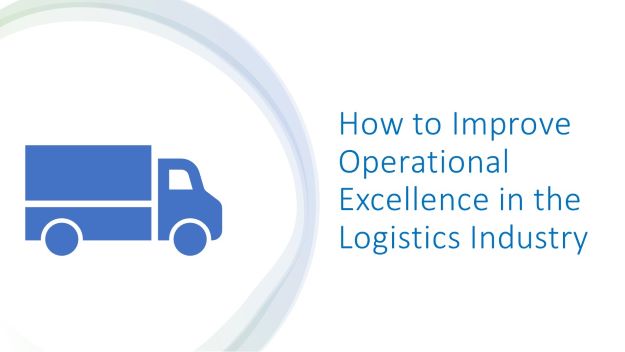Continued improvement- Continuous improvement will increase efficiency. Without continuous improvement, your management team will have little time for top-line activities and innovation. As a result, the changes may not produce growth or save your company. In order to achieve continuous improvement, everyone within your company must know their contribution to the overall business process and follow a standard methodology for implementing changes. Note that, continuous progress is crucial for any business; but it's not enough, you must also have good strategic goals in place.
Set clear goals- Establish your vision and KPIs (key performance indicators) so that everyone can align their efforts. Clearly define the process and goals of your OpEx process. Educate your employees about the strategy. Then, empower them to participate in the process. By involving them, you'll improve employee knowledge and customer satisfaction. A well-designed OpEx strategy is an ongoing process that requires time, effort, and resources.
Clearly define the goals of your organization. Your goals should be SMART-defined i.e. specific, measurable, achievable, relevant, and time-bound. Your goals should be measurable and include broad goals as well as specific KPIs. This will help your organization improve in terms of performance and culture, resulting in long-term sustainable growth. If your organization can accomplish this, you'll be on your way to sustainable growth.
Operational excellence is a critical component of the logistics industry, because it increases efficiency, eliminates costly errors, and promotes a consistent work culture. Besides having stringent quality standards, operational excellence also requires training and empowerment of employees. For instance, in Bollore Logistics, a comprehensive training program helped its employees become more effective, more efficient, and more productive; read the full report here. And this in turn benefited the company's customers and suppliers.
Communication- In addition to SMART strategies, it's also important to improve communication. A well-communicated company culture will enable employees to focus on their tasks and work towards the same goal. Providing feedback and rewards for outstanding performance will encourage employees to continue their efforts, and ultimately, contribute to operational excellence.
The key to improving operational excellence is continuous improvement, effective communication, and a workforce-centric culture. The logistics industry requires all these things to succeed.
High energy costs and disruption of raw materials are just some of the challenges organizations face in today's volatile economy. With these challenges, firms must constantly improve their processes and operations to remain competitive.
In addition to improving productivity and efficiency, they must also improve cost and quality. That's where operational excellence comes in. Ultimately, it's all about executing a winning business strategy. More on operational excellence, checkout Top Ten Strategic Decision-Making Tools for Operational Excellence
Related reading:
#operationalexcellence #operationalexcellenceforlogisticsindustry #startegicdecisionmaking #strategymanagement #decisiontools #decisionmaking #strategicplanning #challengesofdecisionmaking #operationalexcellence #strategy #organizationaldevelopment





















